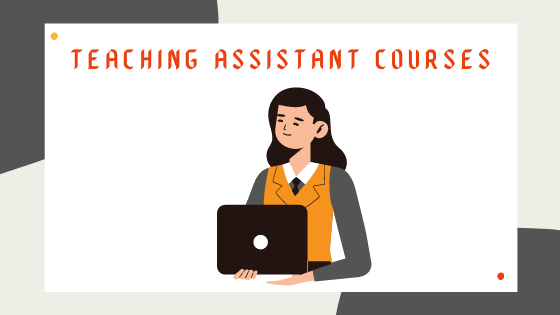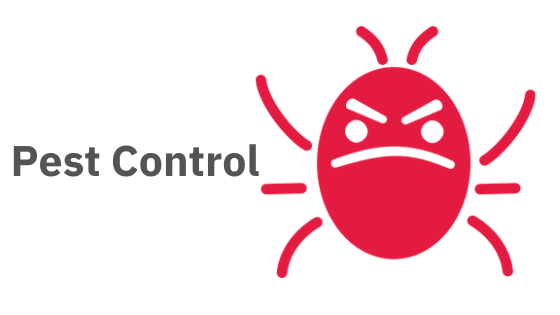So, you’ve come up with an idea which might be the next best thing since sliced bread. What do you do now? This is a question which people are frequently faced with – and whilst some of these are obviously businesses who make their money from inventing and developing new ideas, there are also lots of people who work away on their day job and then suddenly have a flash of inspiration. They are the ones for whom the burning question then is ‘What next?’
The first thing people think of when faced with the word ‘invention’ is ‘patent’, but for many ideas, patents are not going to be an available means of protection. Obviously, this is something you will need to check out with a patent attorney or patent agency like InventHelp, but even if the finished item will be patentable, the initial idea will have to undergo a degree of development and testing before the patent application can be filed. It is in this ‘limbo’ where the problems, and the worry – often occur. Read reviews on InventHelp.

Firstly, let us be quite clear: You cannot obtain a patent once your idea has entered the public domain. This means that if you tell anyone else about it without placing them under a binding obligation to keep the information confidential first, your right to a patent will be lost. In the circumstances, if there is even the vaguest possibility that the idea might be patentable, secrecy at these early stages is crucial.
What it it’s not patentable? Well, in that case, the more people who know about it, the more chance there is that someone with more money and contacts than you will develop it and bring it to the market first. So, you need to keep your idea ‘under wraps’ until you have it sufficiently well-developed for you to bring it to market, or for it to be an attractive proposition to an organization which has the resources to develop and commercialize it in partnership with you.
In each case – patentable or not – there are essentially two things that you need to protect: the idea itself, and the detail, such as the method of manufacture and getting professional help from InventHelp would be helpful. The only way to protect your idea is to tell only those people who need to know, and to do so only under the protection of a legally binding contract which prevents your information from being disclosed to others – or used – without your consent.








